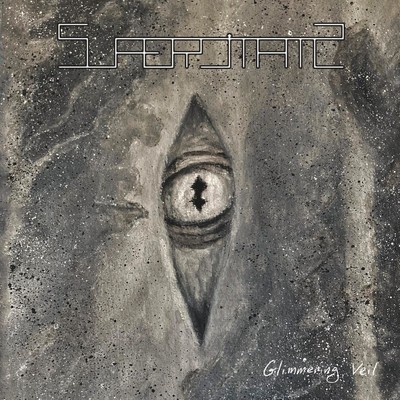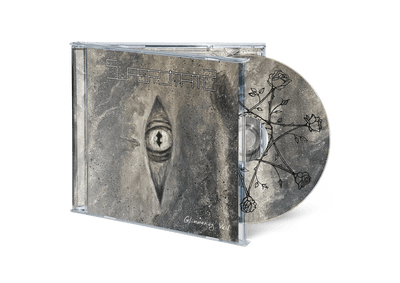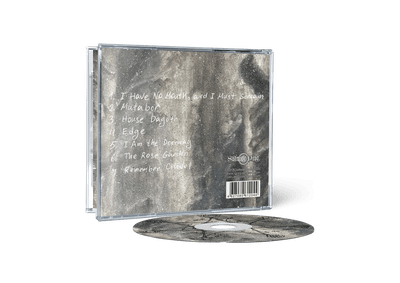- С этим товаром часто покупают...
- Просмотреть список опций
| КОД | Варианты альбома | Доступность | Цена | ||
|---|---|---|---|---|---|
|
|
SP. 164-21 x
|
В наличии
|
600.00 ₽ | ||
|
|
SP. 164-21D xs
|
В наличии
|
900.00 ₽ |
Второй альбом ирландской группы Superstatic, собранной Рустамом, лидером Rakoth и Umbral Presence (также являлся концертным бас-гитаристом Cruachan). Название проекта является отсылкой к дебютному альбому Rakoth «Superstatic Equilibrium», но на этот раз Рустам обратился к жанру doom death metal. На «Glimmering Veil» музыка начала тяготеть больше к funeral doom metal, стала более мрачной и сложной, с элементами horror. В то же время, тексты основаны на произведениях Харлана Эллисона, Вильгельма Гауффа, Стивена Кинга, Артура Мэчена, а также компьютерных играх Morrowind и System Shock 2, что делает прослушивание «Glimmering Veil» ещё более интересным и непредсказуемым.
Гитарные партии гитары исполнил Сергей Лазарь (Аркона, Rossomahaar), который также смикшировал альбом. Мастеринг альбома выполнил Том Вальц (известный по работе с Venom, Annihilator, Dopethrone и многими другими).
Треклист:
1. I Have No Mouth, And I Must Scream
2. Mutabor
3. House Dagoth
4. Edge
5. I Am The Doorway
6. The Rose Garden
7. Remember Citadel
























































